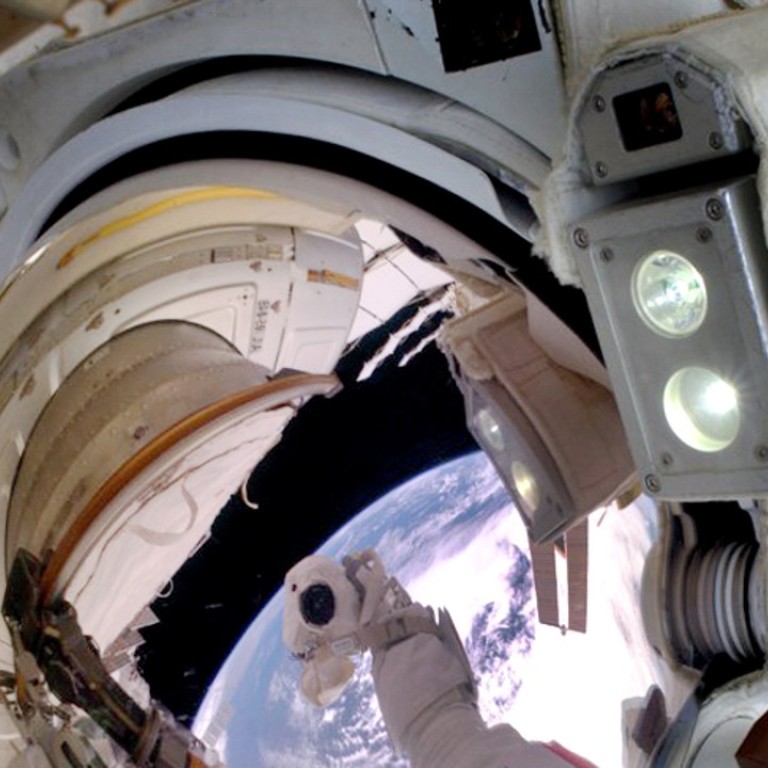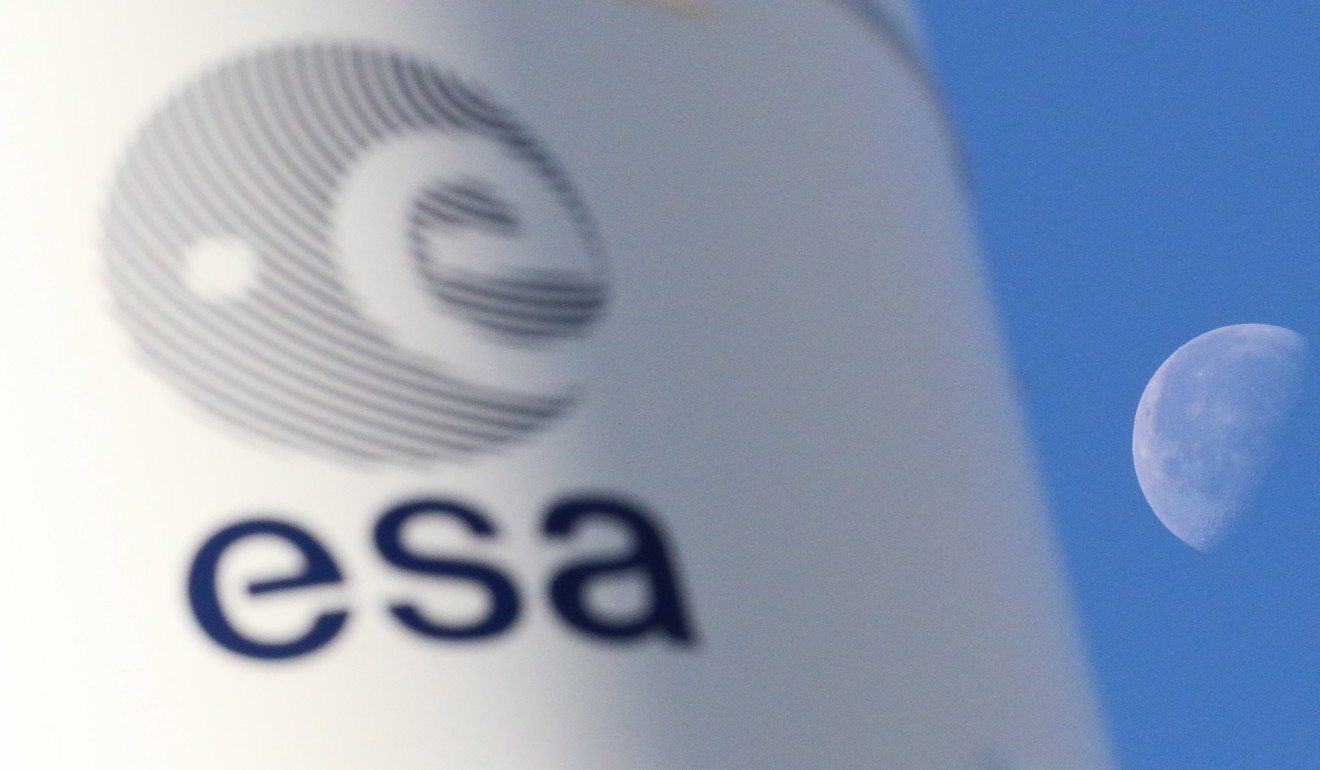
Europe’s astronauts learning Mandarin for future China collaboration
The European Space Agency says it is keen to advance international cooperation in aerospace, including with China
European astronauts are learning Mandarin as they prepare to work with Chinese astronauts in future.
The European Space Agency (ESA) director general Jan Werner discussed the move in an interview with the Chinese state news agency Xinhua in Bremen, Germany, on Wednesday on the sidelines of the International Aerospace Congress, the world’s biggest aerospace forum.
Werner said the ESA was very keen to promote international cooperation in the field of aerospace, and that China was a willing collaboration partner.
Trump’s Space Force cannot hurt China like Star Wars hurt the Soviets
Made up of 23 European member states, the ESA has already sent a number of European astronauts to train with their Chinese counterparts in China since signing a long-term cooperation agreement in 2015. Many European astronauts are learning Chinese in the hope of joining future Chinese space flight missions.
German astronaut Matthias Maurer, who has previously been interviewed by international media, has been learning Chinese for the past six years.
Maurer previously told Xinhua that he hoped to be one of the first foreign astronauts to reach China’s planned space station, which is expected to be operational in 2022.

“Three of my young colleagues – one German, one Italian and one French – have started learning Chinese because we hope that the first non-Chinese astronaut to fly [in China’s space station] will be a European,” ESA astronaut Jean-Francois Clervoy previously told Xinhua.
China cannot use the Nasa-developed International Space Station (ISS) because of US national security concerns, including about alleged technology theft. The US national space agency built the ISS in collaboration with 14 other countries.
China has opened up its once secretive space programme to international partners in recent years. In May, the China National Space Administration (CNSA) invited other countries to conduct experiments aboard its planned space station after it launches.
How one man’s resignation sparked debate over China’s poorly paid talents
“The China space station belongs not only to China but also to the world,” said Shi Zhongjun, China’s UN representative, when the invitation was announced.
China has poured huge resources into developing its space programme, a marker of prestige and technological advancement. Its Chang’e 4 unmanned lunar probe is expected to be the first spacecraft to reach the far side of the moon later this year.
However, its space agency’s budget for the year of about US$3 billion is dwarfed by the US$20.7 billion allocated by the US government to Nasa for 2018.
Werner also said that he hoped European astronauts would in future be able to take part in China’s Shenzhou programme, its manned space flight initiative.
Under the programme, China successfully launched its first person into space – Yang Liwei, in 2003 – becoming only the third country to do so. Since then, it has completed six other manned missions, with the latest in 2016.
The ESA also has partnerships with the US and Russian space flight programmes.

